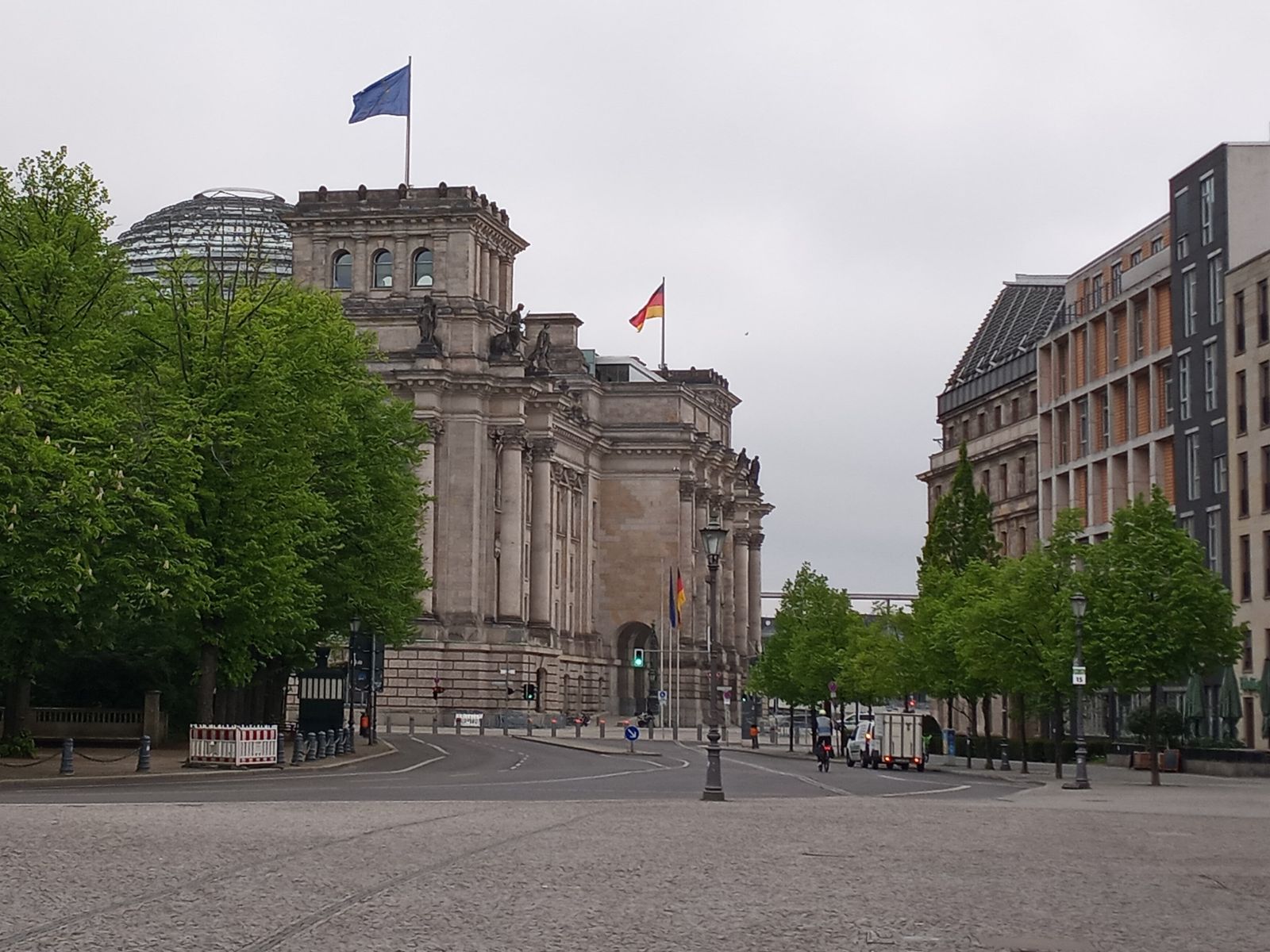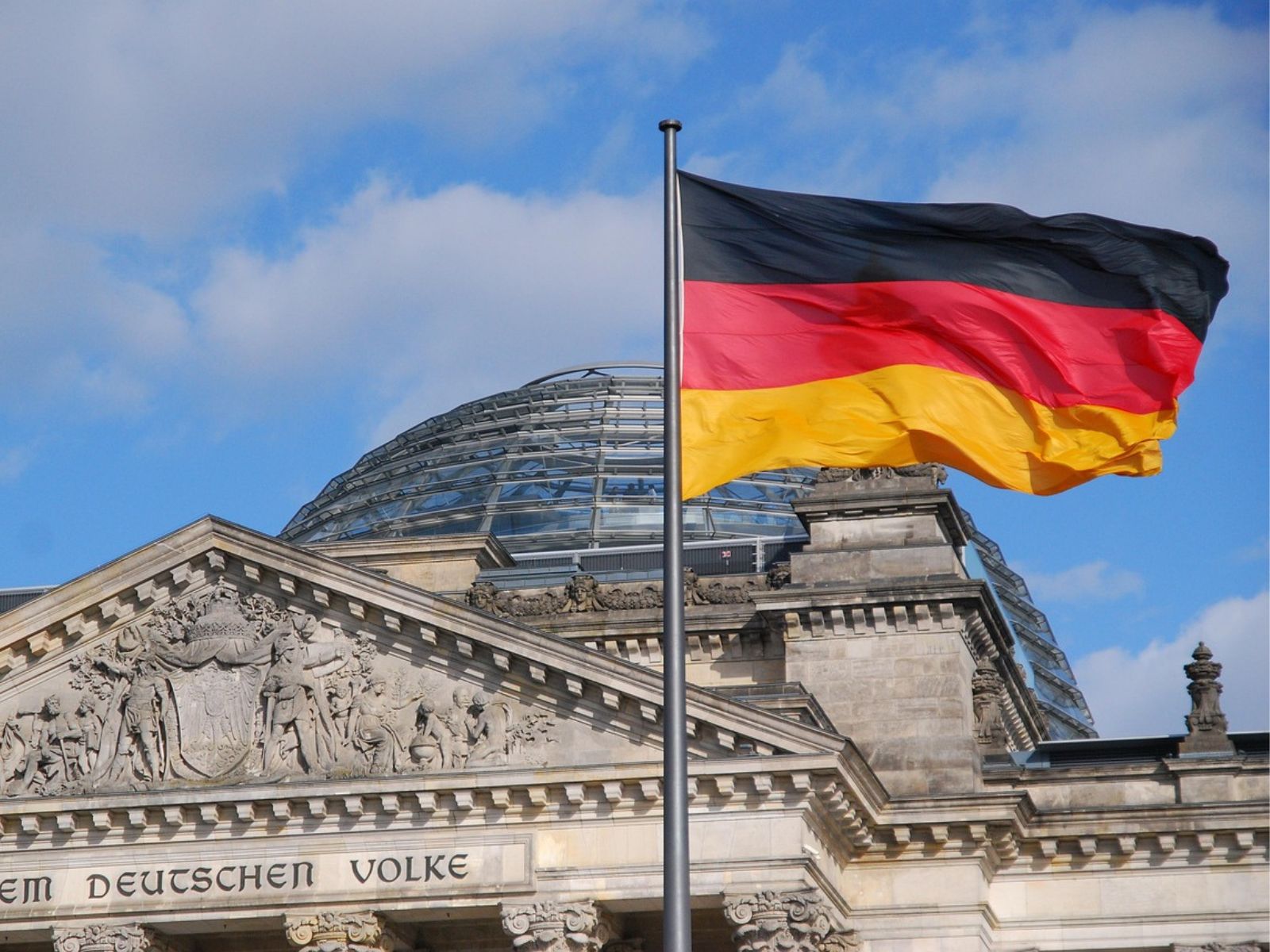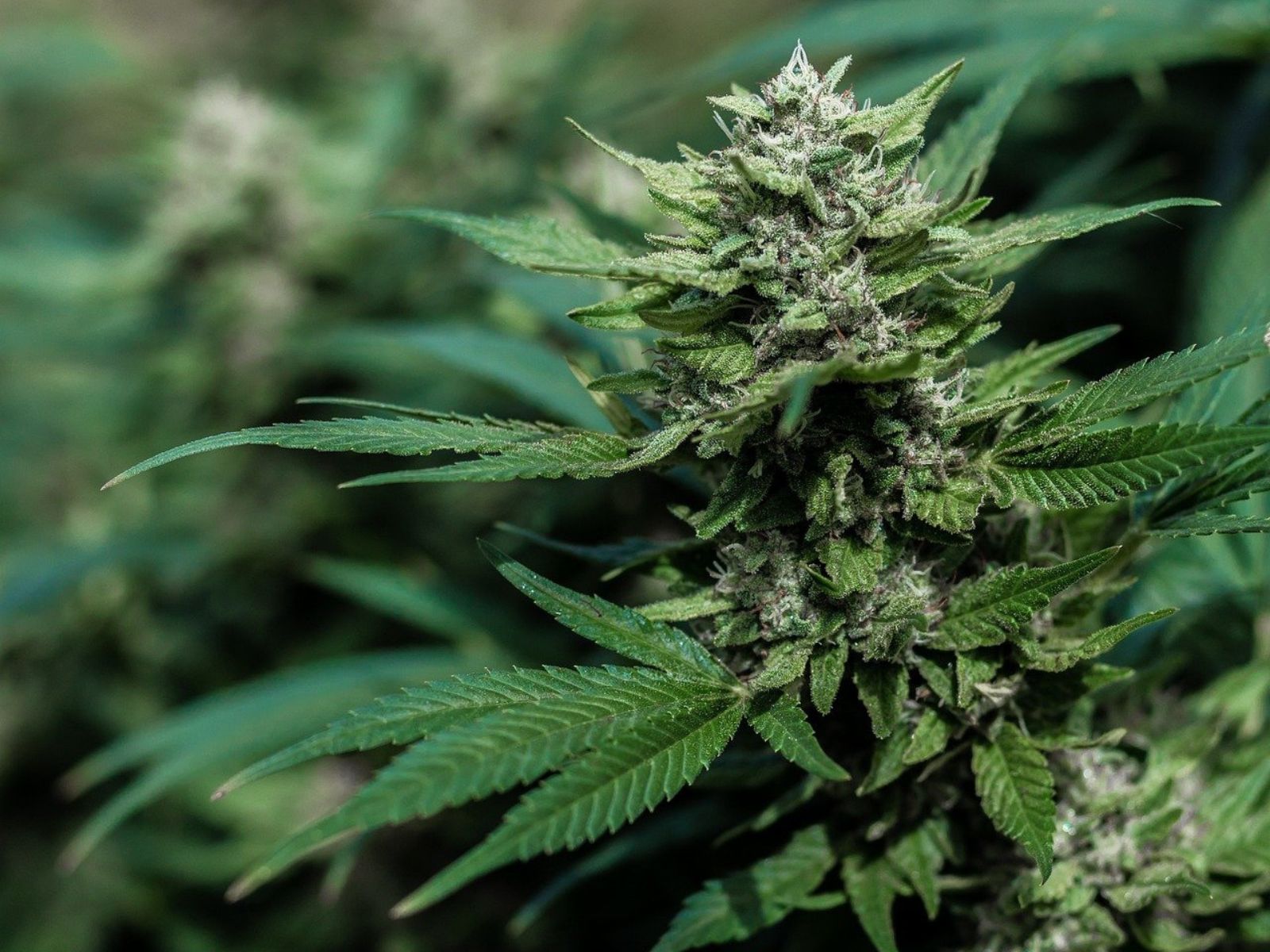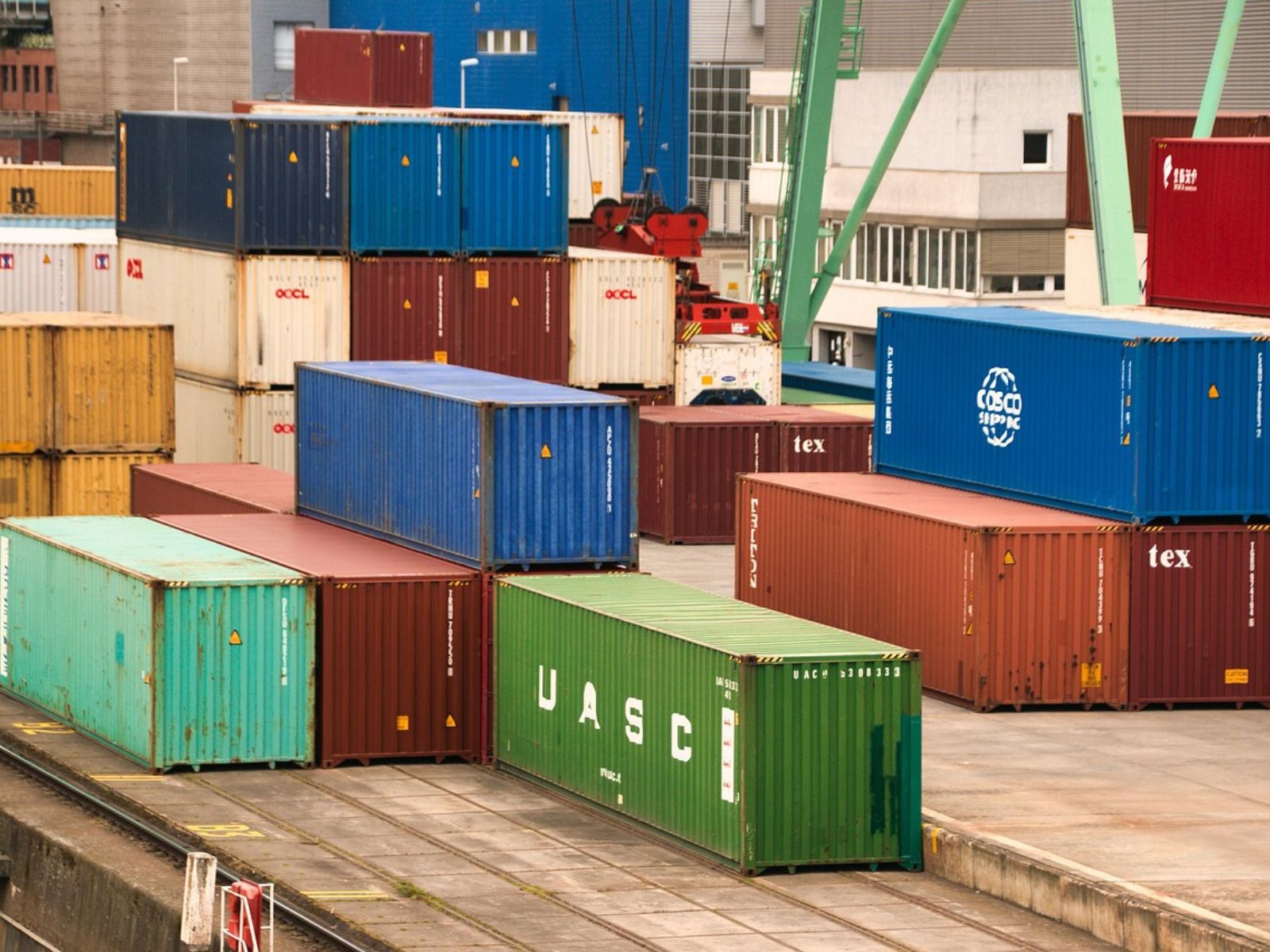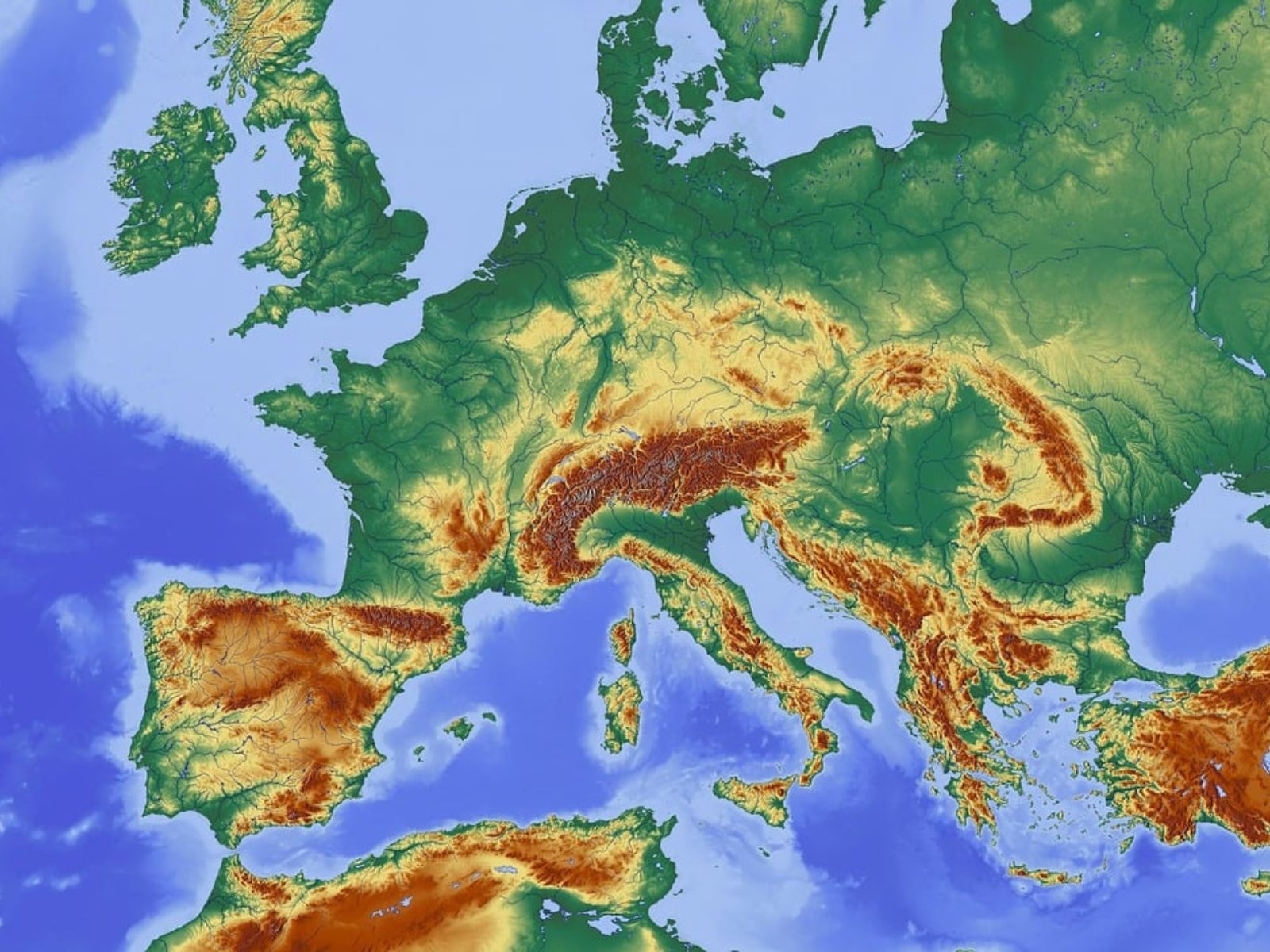
Germany’s Agriculture Ministry Approves Historic Hemp Measure

Germany’s Agriculture Ministry Approves Historic Hemp Measure
Germany recently approved a draft law previously presented by the Federal Minister of Food and Agriculture Cem Özdemir. The approved measure liberalizes industrial hemp in Germany and is intended to make it easier to cultivate industrial hemp and permit its use.
As part of the measure, the ‘abuse clause’ will be deleted and the indoor cultivation of industrial hemp will be expressly legal.
“Especially in times of climate crisis, we are removing obstacles from the path of farmers who want to try something new in their fields or in their halls. Industrial hemp offers our agriculture many opportunities: It contains hardly any THC, which causes highs, is undemanding, requires hardly any pesticides, fertilizers or water, improves soil and provides a habitat for insects.” Minister Özdemir stated.
“The harvest can be processed in a wide variety of ways, from food to textiles. The abuse clause criminalized actually innocent industrial hemp growers despite their best intentions. Now it is finally time to let the grass grow over it. And a lot of it, if possible, so that the innovative scene of industrial hemp growers and processors can continue to develop in Germany too.” Minister Özdemir also stated.
The German Cannabis Industry Association (BvCW) welcomed the central elements of the reform in its recent newsletter.
“Until now, even the theoretical possibility of a slight intoxication through the private consumption of large quantities of products has led to the entire value chain being punishable. This special German regulation is now being abolished.” BvCW stated about the recently approved measure.
“We are finally freed from these unnecessary hurdles. This is a major political step forward for industrial hemp and will contribute significantly to the growth of the industry.” Marijn Roersch van der Hoogte, Department Coordinator for industrial hemp at BvCW, stated.
“We are pleased about this important step and will actively support the further parliamentary process.” Jürgen Neumeyer, Managing Director of BvCW, commented.
BvCW pointed out in its coverage of the approved hemp measure the need for further hemp policy and regulatory changes in Germany, including raising the THC limit from 0.3 to 1.0% and providing funding and standardizing measurement methods for cannabinoid values.
“After the legalization of cannabis as a recreational drug, there is no longer any reason for many restrictions on the cultivation of industrial hemp. The Industrial Hemp Liberalization Act removes hurdles for hemp cultivation. In the parliamentary process, we will take a close look at whether the law is sufficient or whether it still needs to be improved. The potential of the plant as a supplier of oil and fiber is enormous. We should use it.” Karl Bär (The Greens) told BvCW.
Share article


Share article
Join Our Awesome Community
Join Our Awesome Community
Join Our Awesome
Community
Get all the latest industry news
delivered to your inbox



